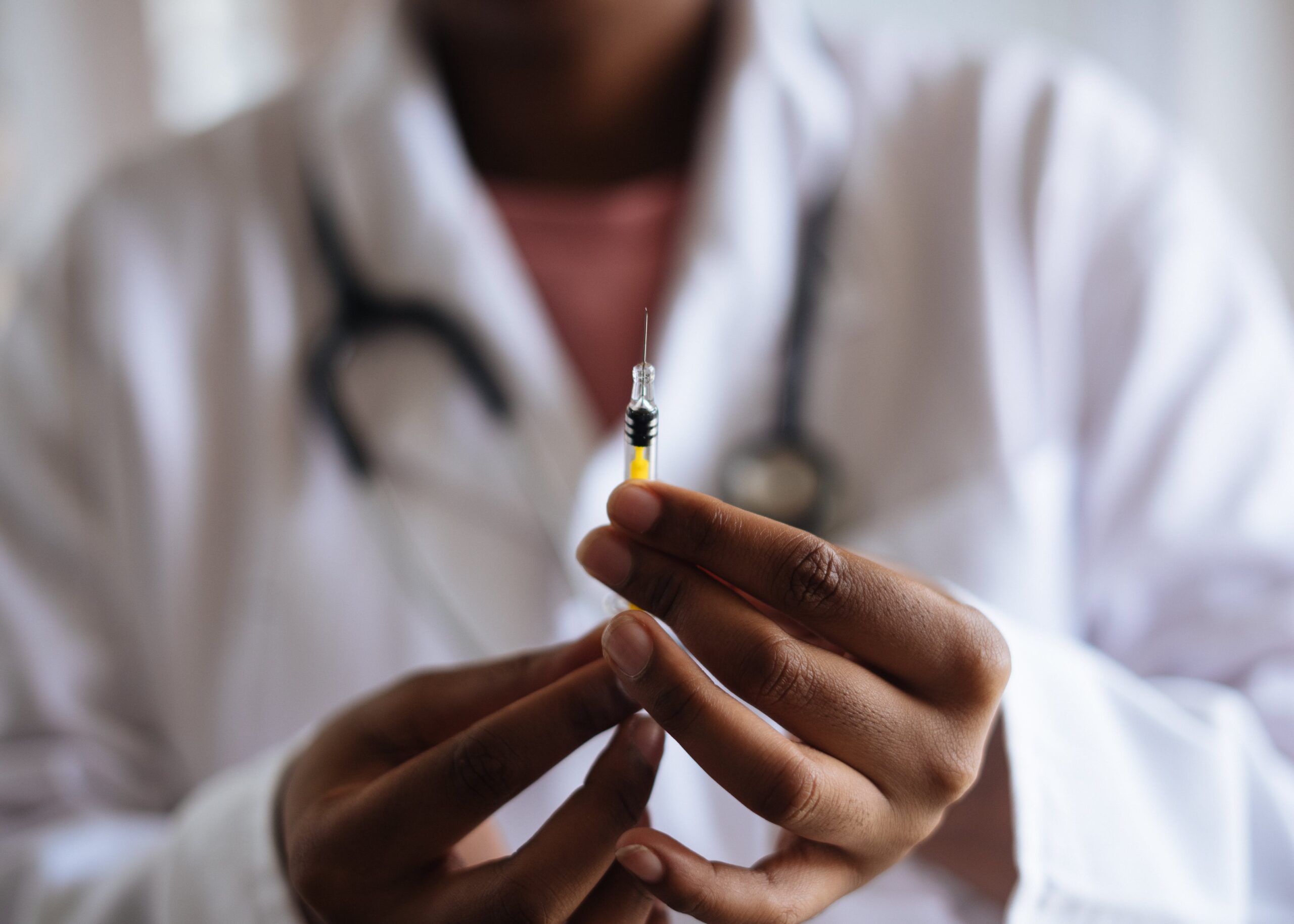
The BRICS Vaccine Research and Development (R&D) Centre represents a significant collaborative initiative among the BRICS nations. The centre, launched on March 22, focuses on pooling the complementary strengths of each member country in vaccine research and development. This includes conducting basic research, preclinical and clinical vaccine studies, and enhancing the laboratory capacities of BRICS countries aimed at making vaccines globally accessible and affordable.
By fostering stronger research capabilities, enhancing production and distribution technologies, and implementing more robust standardisation, the centre aims to improve the quality of vaccine production. These efforts are particularly crucial in the wake of the COVID-19 pandemic, which highlighted the need for greater self-sufficiency and cooperation in vaccine research and development among these nations.
The significance of this initiative extends beyond just the realm of public health. It symbolises a new era of scientific and technological collaboration among emerging economies, which traditionally relied on more developed countries for medical innovations.
Interestingly, the centre operates virtually, connecting national centres from each member country including the Immunobiological Technology Institute (Biomanguinhos) in Brazil, the Smorodintsev Research Institute of Influenza in Russia, the Indian Council of Medical Research, China’s Sinovac Life Sciences, and the South African Medical Research Council.
Looking ahead, South Africa, holding the chairing role of the BRICS alliance in 2023, plans to prioritise the expansion of the centre’s focus beyond vaccines. The aim is to include diagnostics and therapeutics, broadening the scope of the centre’s impact on global health.
This centre is a step towards self-reliance in critical healthcare technology and serves as a model for international cooperation in addressing global health challenges. The initiative underscores the importance of collective action and shared knowledge in the fight against pandemics and other health crises.

